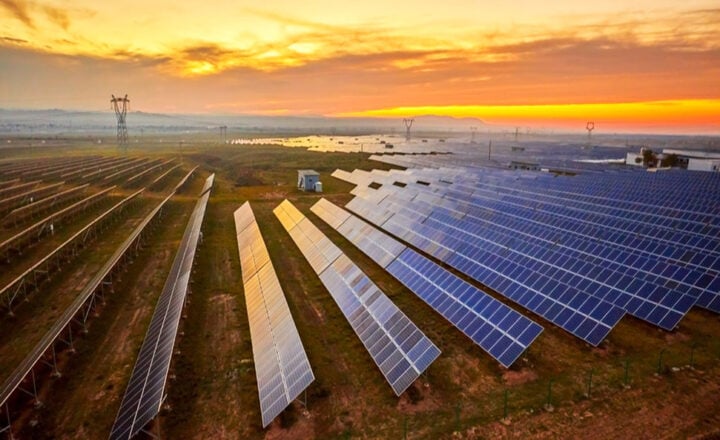OLU VERHEIJEN
Olu Verheijen, special adviser to the president on energy, says the federal government is exploring strategies to ramp up investments in the energy sector.
Speaking recently in Abuja at the plenary session of the Nigeria International Energy Summit (NIES), Verheijen said the administration of President Bola Tinubu will continue to explore ways to improve the country’s business climate so as to attract more investments into the gas and energy sector.
The special adviser was part of a high-level panel that included Haitham al-Ghais, secretary-general of OPEC; Omar Farouk, secretary-general, APPO; Joseph McMonigle, secretary-general, International Energy Forum (IEF); Annett Günther, ambassador of Germany to Nigeria; Olalekan Akinyanmi, CEO, Lekoil Ltd; Osagie Okunbor, CEO, Shell Companies in Nigeria and chairman OPTS.
The panel was moderated by Ibe Kachikwu, the former minister of state for petroleum resources.
Advertisement
In response to a question on how Nigeria is balancing meeting its energy needs and global requirements for energy transition, Verheijen noted that “Nigeria has a significant role to play in the global energy markets, in not only meeting energy security to address energy security at home, as well as on the continent, and to make sure we’re doing so sustainably and that this is affordable.”
“This includes the use of energy in meeting various end uses to power our industrialization, to literally gas to power value chain, or even in domestic uses,” she added.
While these efforts are still in early stages, Verheijen emphasised that the President Tinubu administration remains focused on increasing investments in the oil and gas sector in Nigeria.
Advertisement
The special adviser also noted that concerted efforts towards improving the country’s competitiveness and its ability to attract more local, regional and foreign capital/ investments to the sector are ongoing.
It would be recalled that in September 2023, the office of the special adviser to the president on energy, in partnership with the Nigerian Upstream Petroleum Regulatory Commission (NUPRC) had a series of engagements with leading international and independent oil and gas companies operating in Nigeria.
From these engagements, it was noted that there are significant investment opportunities for the country’s energy sector, which is projected to hit $55.2 billion by 2030, and $13.5 billion of this is expected to be invested by these companies in the short term.
“One of the focus areas for this administration is to ensure that the government doesn’t stay in the business of investing capital in a sector that can easily attract private sector capital. We have to ensure that the opportunity sets are just as attractive and rank high in global portfolios of investors,” Verheijen said.
Advertisement
“If we’re not in a competitive environment and we’re not making sure that our opportunities are attractive, then we will not be able to attract that capital.”
She added that the federal government will continue to explore strategies to ramp up investments in the energy sector and so boost economic development and improvement in the livelihoods of Nigerians.
One of these include the competitiveness of the country’s fiscal structures and the regulatory frameworks.
“In addition to making sure that initiatives like gas flare commercialization (programme), carbon capture utilization and storage are used to continue to decarbonize our oil and gas operations as we grow production,” she added.
Advertisement
Speaking on the global energy transition, the special adviser noted that in Nigeria, gas, which the country has in abundance, is the ‘transition fuel and our fuel for the future.”
“We have to make sure that we are transitioning from fossil fuels in a way that matches the affordability of sustainable energy sources,” she stated.
Advertisement
“When we look at the levelized cost of solar, especially grid-scale solar or alternative sources of energy, it is still twice or three times the cost of gas. So, we see our gas playing a strong role in the energy transition, not only domestically or regionally, but also globally.”
Advertisement
Add a comment






